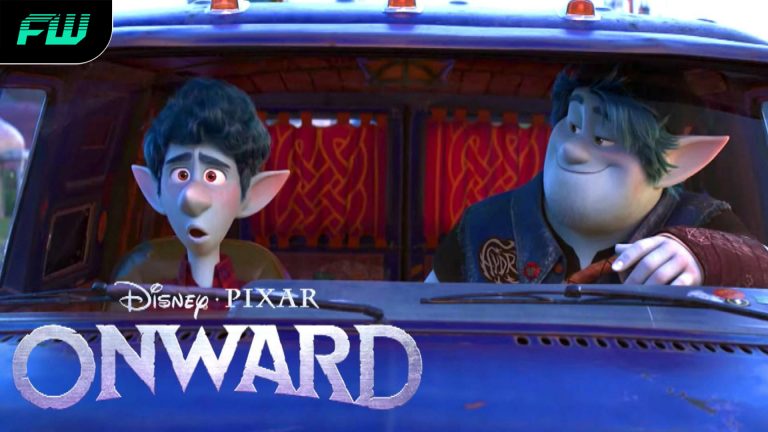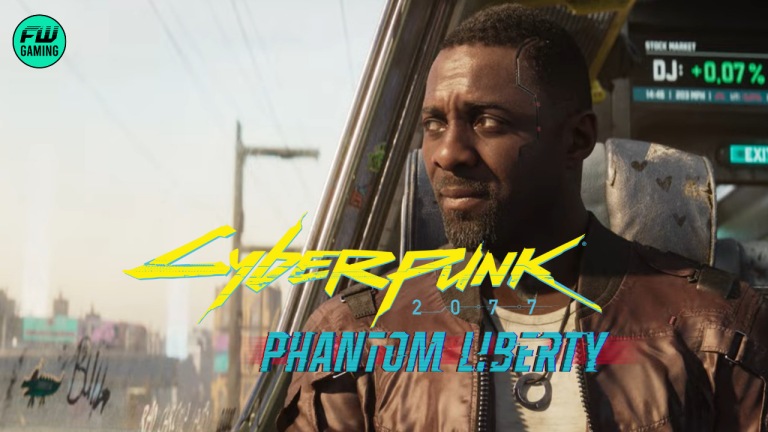The science fiction sub-genre that is the outer space epic encompasses a long, storied history fortunate to branch into worlds unreserved for your run-of-the-mill Star Wars clones, almost the entirety of Roland Emmerich’s sci-fi apocalyptic filmography or the ridiculous James Spader/Alan Smithee joint Supernova. Rather, films such as 2001: A Space Odyssey, Interstellar and even to a lesser extent Mission to Mars have attempted, to varying degrees of success, to tell a compelling, thought-provoking story where the astronomical visuals simply serve as background in support of the characters and plot. These sorts of outings don’t occur often, whether that’s due to continued studio skepticism of original ideas in this exhaustive era of sequels or the heavy emotional load these films usually possess, but when they do, it’s a guarantee that audiences will either emerge from the darkened theater filled to the brim with spirited questions about the adventure they’ve undergone or frustratingly perplexed by what they’ve just seen. I’ll admit to still possessing the latter emotion every time I see 2001, even if that ape/spacecraft smash cut remains effective and the severely underrated sequel does help me to appreciate its predecessor a bit more.
It’s an interesting, sometimes maddening genre to take in, where moments of action have a bigger meaning than the pew-pew explosions and cliché stereotypes handled by the marquee casts that seem recycled from high profile film to film. The surprise trailers for James Gray’s Ad Astra seemed to paint a picture of an entry that would fit into this niche genre well, a movie that came seemingly out of nowhere with an appearance that could very well have been Interstellar’s overexcited sibling and a fine roster of actors including Brad Pitt alongside such veterans of the big budget space world as Liv Tyler (Armageddon) and the reteaming of Tommy Lee Jones & Donald Sutherland (Space Cowboys). With average-to-decent director Gray at the helm, how exactly does Ad Astra fare within the confines of the realm of “thoughtful blockbuster”?
Let’s put it this way-upon the rolling of Ad Astra’s credits, you’ll have thoughts, just not the ones I believe all those involved intended to produce. With Ad Astra, Gray and crew have created a peculiar mix of the films mentioned above, with touches of Gravity, Arrival, First Man and even Alien mixed in, the end result being a beautiful film filled to the brim with scenes that could easily work as their own movie but sadly are far too short-lived, briefly touched upon and hampered further by the somewhat puzzling, sluggish heaviness throughout. Let’s dive in.

It’s a daunting bout of unpacking to take on over the course of Ad Astra’s mere two-hour runtime, though an overabundance of subplots, bizarre pacing and a story that seems to merely serve as glue between the film’s excellent-looking setpieces will undoubtedly make it feel far longer, especially as one tries to take the rather simple core premise and reconcile it with all the madness that surrounds it. In the hands of a more capable director, Ad Astra might have brought together its contemplative stabs and brief moments of otherworldly action well, but Gray, who also helped write the film, and his insistence on buoying said moments with Pitt’s ham-fisted reflective narration, most of which come off as overly dramatic and without much backstory to explain why he feels the way that he does, renders Ad Astra confusing, to say the least.
The jerky dance between Ad Astra’s influences can make for something that’s either entertaining or hard to follow, as mentioned-immediately after a slightly unneeded screen of text explaining in something of an economic Star Wars fashion a tiny bit of backstory, an opening scene set on a space antenna that’s immediately destroyed by Jones’ experiments brings to mind Gravity, setting in motion an underlying premise about the need for future astronauts to need repeated psychological evaluations-don’t worry if you miss this the first time it happens, as it occurs again seemingly every few minutes throughout. The action eventually shifts to the moon, which by this point in Ad Astra’s timeline appears to have undergone a commercialized upgrade complete with chain restaurants and stores-it is here that Pitt must catch a flight to Mars, where communication with his father will take place. It’s a neat detour, leading quickly into a fairly sudden, all-too-brief battle between mining pirates as Pitt travels to the launch pad-this sequence, one that involves lunar rovers and powerful handguns, is completely riveting, yet once it concludes, is lamentably never referenced again. We’re then taken aboard Pitt’s Mars-bound spacecraft, where en route a stop is made to answer a distress call and paving the way for another strange handful of minutes that now gives Alien its moment in the spotlight, again to only never come back at any point after. Blade Runner 2049, 2001 and naturally The Martian then take turns showing off their influence on Gray once Ad Astra arrives on Mars, with its stark, red-drenched sets, and the ever-present influence of 2001 continues in follow-up scenes that lead into an ending that one person could view as brilliant and others might see as, for lack of a better word, ridiculously unresolved. I’ll let you be the judge, I suppose.
Outside of Pitt, who could either be seen as excellent or two steps away from keeling over due to a dreadful case of Blank Stare-itis, or Jones, who could be viewed as a glorified cameo yet still manages to possess some real menace & sincere, albeit misguided emotion, the rest of the cast exists as bonafide cameos to a T-Donald Sutherland’s role as an old friend of Jones does what he can with his few minutes on the moon, Liv Tyler’s performance as Pitt’s estranged significant other only serves to raise a slew of questions about the nature of their relationship, and Natasha Lyonne’s two or three lines as some sort of security guard on the red planet couldn’t help but make me wonder if she just so happened to sneak onset through a back door and ask Gray if he’d give her apart, and yes, any part will do. None of these characters seem to have even the slightest importance to the greater plot, no matter the plotline on which you decide to focus.
The real star of Ad Astra, without question, is the film’s overall look-cinematographer Hoyte van Hoytema takes the already outstanding spacefaring work he performed on Interstellar with a natural next step-the spaceships once again to lack the overused sleekness of, say, Star Trek and instead appear far more functional with their exposed parts and wiring, oftentimes looking somewhat distressed & appropriately beat-up. A few of Ad Astra’s rocket launches don’t always nail the CG required to pull off such an effect, but Gray at least turns attention away from this shortcoming with his First Man-esque feeling of dread throughout, propelled by Max Richter’s intensely eerie score and a punch to the face continuous reminder that space travel can be legitimately terrifying.
Overall, Ad Astra could be described as a shame, a prime example of wasted potential buried beneath a beautiful exterior. With a scattershot cargo of plots and a cast who’s just there, the film’s successes in special effects, score and occasional triumphs in overall tone aren’t nearly enough to demand a second viewing, let alone a first. It’s nothing more than a movie I once saw, and now I wish I hadn’t.












